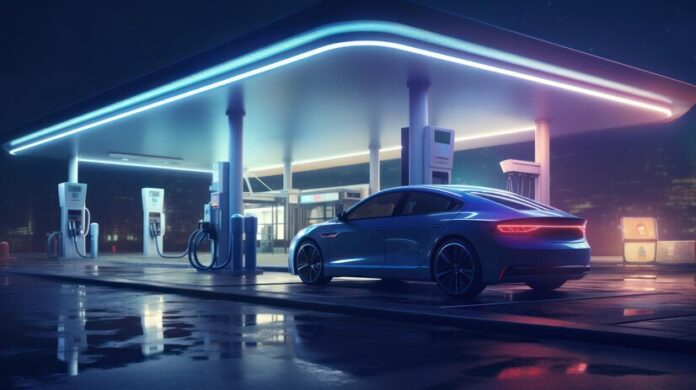In a world increasingly focused on reducing carbon footprints and finding sustainable energy solutions, hydrogen fuel cell vehicles (FCVs) are emerging as a beacon of hope. These vehicles, which use hydrogen to generate electricity and emit only water vapor, are making strides as a cleaner alternative to traditional gasoline-powered and even battery-electric vehicles.
One of the key advantages of hydrogen FCVs is their efficiency. Unlike battery-electric vehicles that require lengthy charging times, hydrogen FCVs can be refueled in just a few minutes, similar to conventional cars. This quick turnaround and extended range make them a practical choice for long-distance travel, addressing one of the major limitations of current electric vehicles.
Major automotive manufacturers are stepping up their game in this area. Companies like Toyota, Honda, and Hyundai are leading the charge with models like the Toyota Mirai, Honda Clarity, and Hyundai Nexo. These vehicles are not just technological marvels but also come with improved ranges and performance that are gradually making them more attractive to consumers.
However, the journey is not without its bumps. The production and distribution of hydrogen fuel remain significant hurdles. Most hydrogen today is produced using fossil fuels, which somewhat offsets the environmental benefits. But there’s a silver lining: advancements in green hydrogen production, such as using renewable energy to split water into hydrogen and oxygen, could soon make hydrogen a truly sustainable fuel.
Infrastructure is another crucial challenge. Hydrogen refueling stations are sparse compared to conventional gas stations or electric charging points. Nevertheless, efforts are underway to build more refueling infrastructure, particularly in areas with a high concentration of hydrogen FCVs. Government incentives and private investments are also playing a role in expanding this network.
Despite these challenges, the momentum behind hydrogen FCVs is undeniable. The technology offers a glimpse into a future where our vehicles contribute to a cleaner environment, and the ongoing advancements suggest that this future could be closer than we think.
As we navigate the road to a more sustainable world, hydrogen fuel cell vehicles stand out as a promising option. Their potential to reduce greenhouse gas emissions and offer a practical driving experience underscores their role in the evolving landscape of clean transportation. With continued innovation and investment, hydrogen FCVs could soon be a common sight on our roads, driving us toward a greener, more sustainable future.




